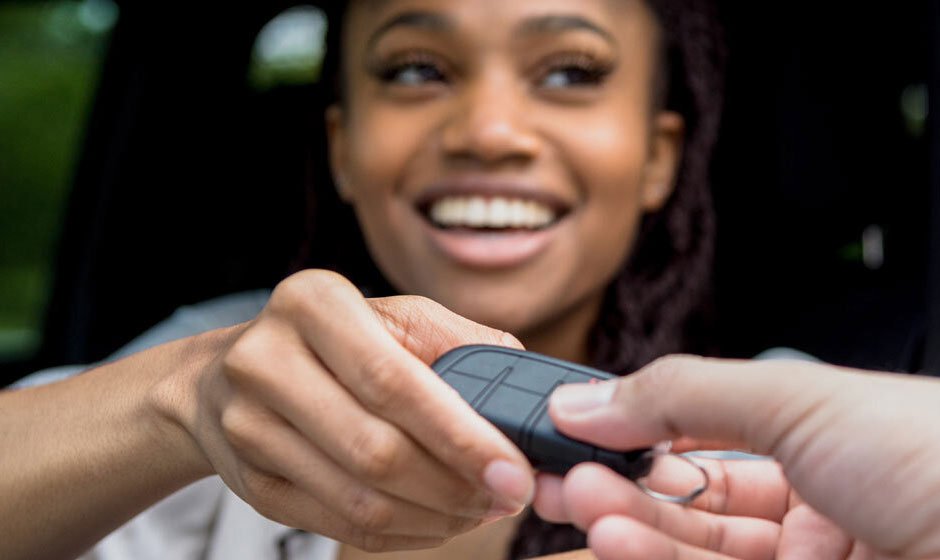Buying a Used Car – What You Need to Know

The majority of Aussie motorists buy second-hand rather than new cars and if you are eager to acquire your very first set of wheels with a used vehicle purchase, you have come to the right place. In this short article, we pinpoint a few essential things that you should know before buying a second-hand car.
Private sellers – buy at your own risk
There are big risks when you buy a used car from a private seller; the seller rarely offers any form of warranty; sold as seen is the norm and once you drive the car away, it is now your responsibility. Rather buy from an established dealer; visit Auramotive Mechanical and check out the wide range of second-hand cars, all with warranties.
Always test drive a car you are thinking of buying
It is imperative that you test drive any vehicle you are considering buying, as this gives you an opportunity to check many things. Engine performance, steering, brakes, lights, indicators, suspension and many other features can be tested while having the test drive. If you are buying from an auto dealer, they would probably have a sales rep in the car with you when out for a spin; should you discover any issues, make sure you point these out to the staff member.
Hire a local mechanic
Unless you happen to be an automative specialist, ask a local mechanic to accompany you when viewing cars; he can check the vehicle thoroughly and give you a professional opinion on whether the car is worth the asking price. It might cost you a few dollars, but you will end up with a fair priced car that is in good working order.
Choosing a style
Of course, there are many different types of car; SUV, ute, saloon, coupe, hatchback and sports car, to name but a few. Review your lifestyle and choose a vehicle type that is practical for what you have in mind.
Engine type & capacity
You can choose from the following:
- Diesel engine
- Gasoline engine
- Electric Vehicle (EV)
- Hybrid – Blend of two power options.
Engine size is important, a large capacity engine uses more fuel and will cost more to maintain, where a small engine (1l-1.5l) is economical and cheaper to insure. Most young drivers choose a small and economical car as their first set of wheels, as this type of car can be insured at low premiums.
Auto finance
Most people buy cars using finance, the best way forward is to calculate a monthly repayment that you can afford, then approach an online lender and see what they have to say. Once you have a budget in mind, you can start looking at cars; check out local dealerships, where all vehicles are under warranty. A typical car loan would be from 3-5 years and you may end up paying a lot in terms of interest. Here is an interesting article that looks at the dangers of public transport systems.
Full service history
Known as FSH, a car with a full service history has been well-maintained and is therefore worth more than a similar vehicle without FSH. This should be verifiable, with garage stamps in the maintenance section of the owner’s manual, plus there should be bills and receipts for all work done on the car.
The art of negotiation
Once you have looked a car over and had a test drive and you would like to make an offer, this is the time to put your negotiating skills to work. Make an offer and see what response this brings from the seller; if they are desperate to sell, this could be to your advantage.
We hope that this information goes some way to helping you find the right car for your needs and don’t forget to register as the vehicle owner. The car must be insured and the driver must have a valid driving licence for said vehicle. It is important to note that your car will need to be serviced at specific mileage intervals and a local garage is more than capable of carrying out a service.



